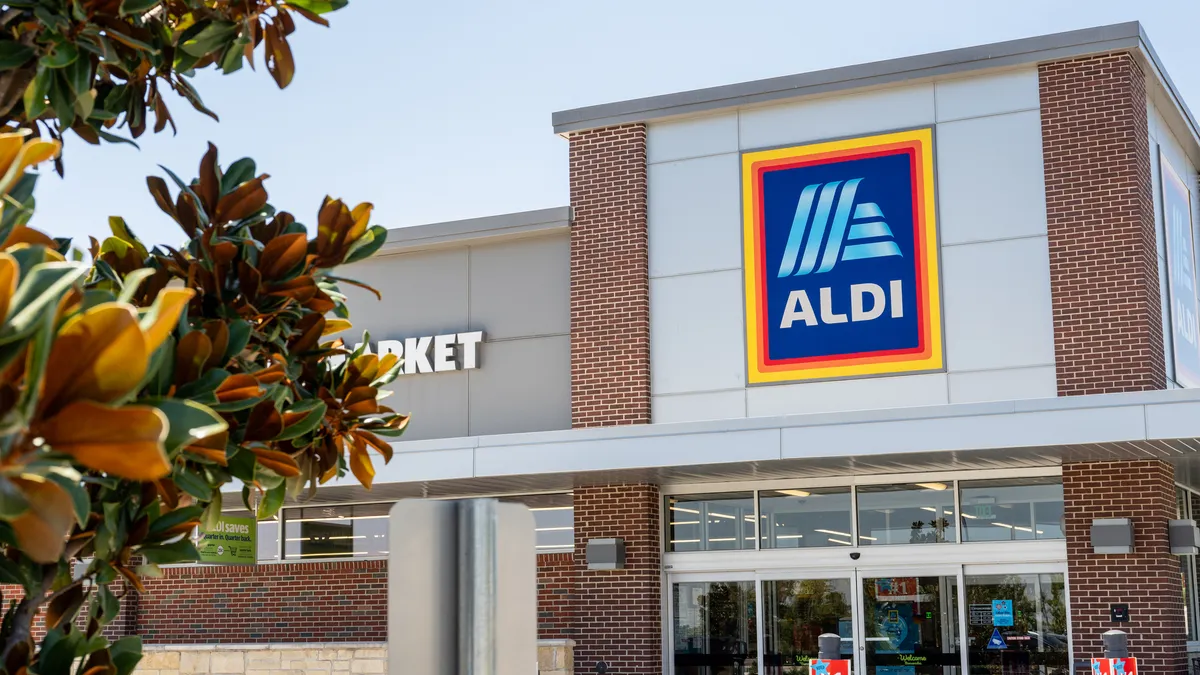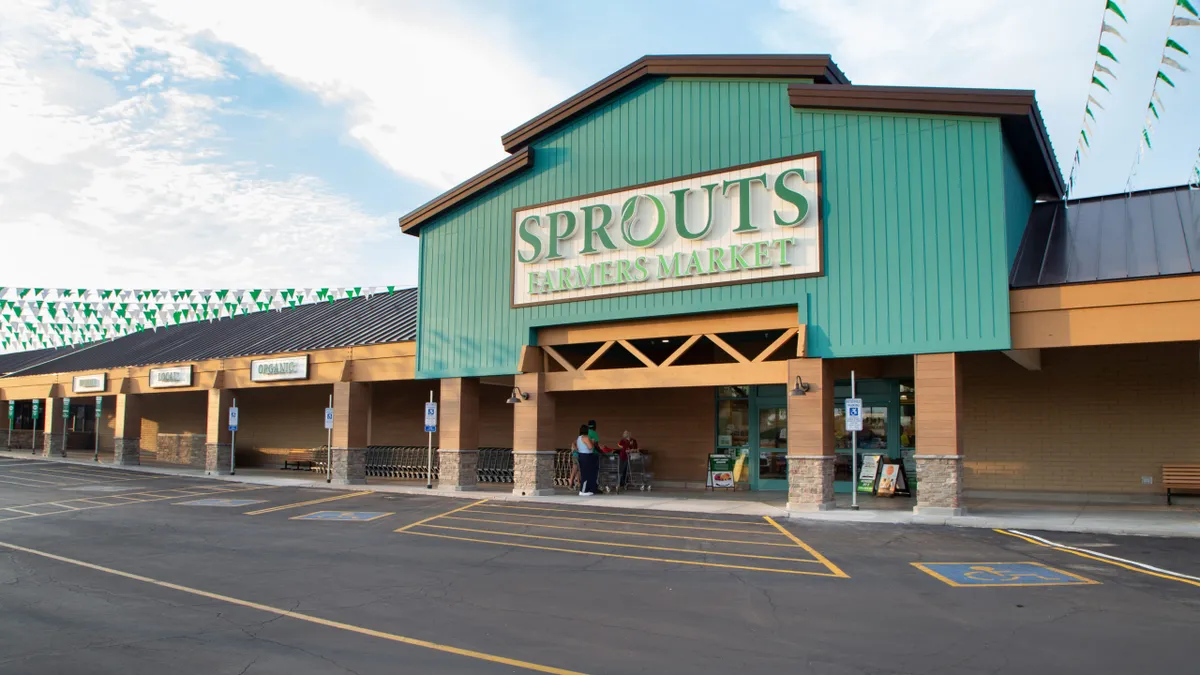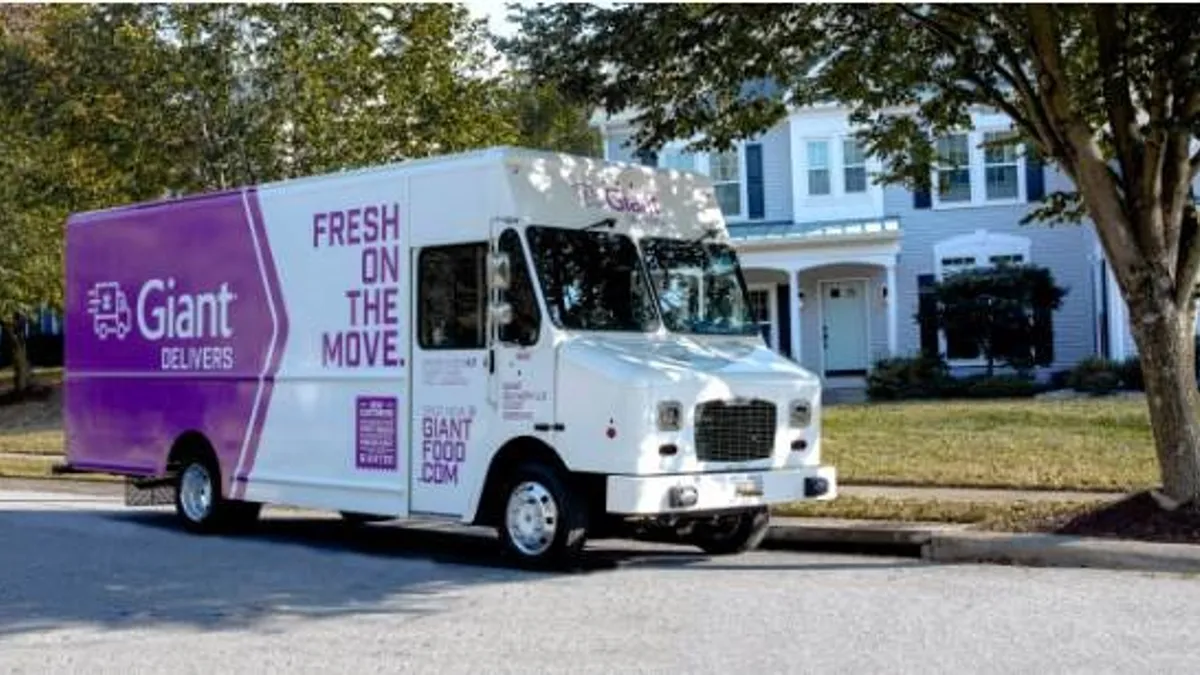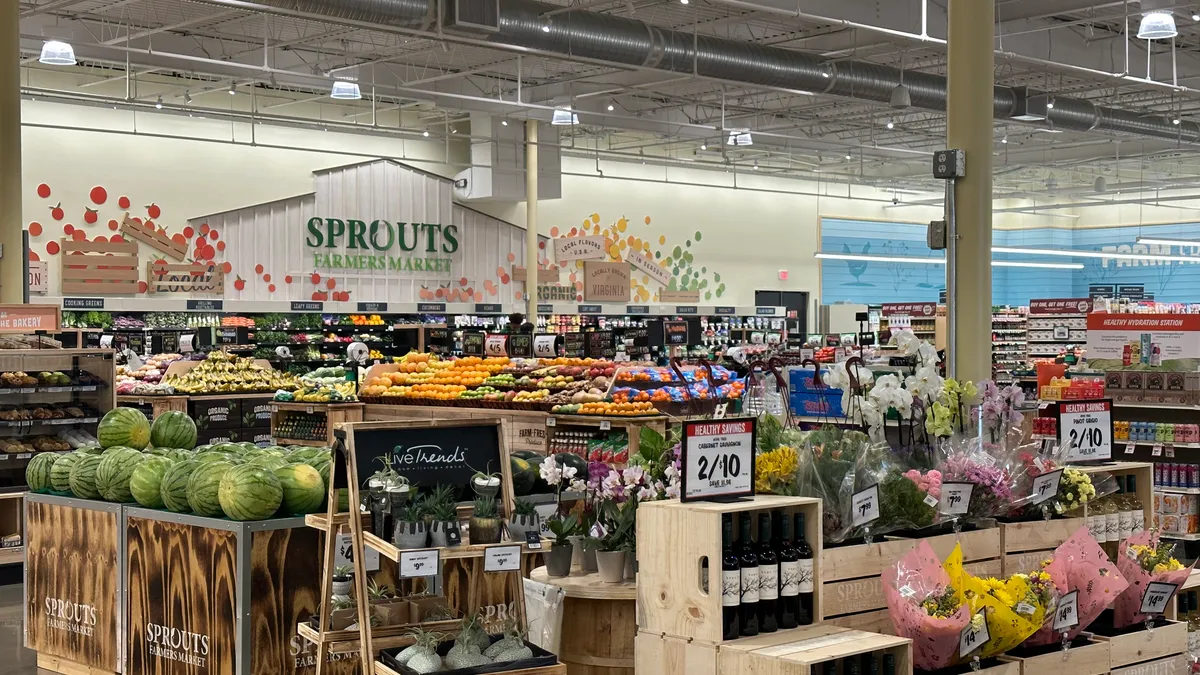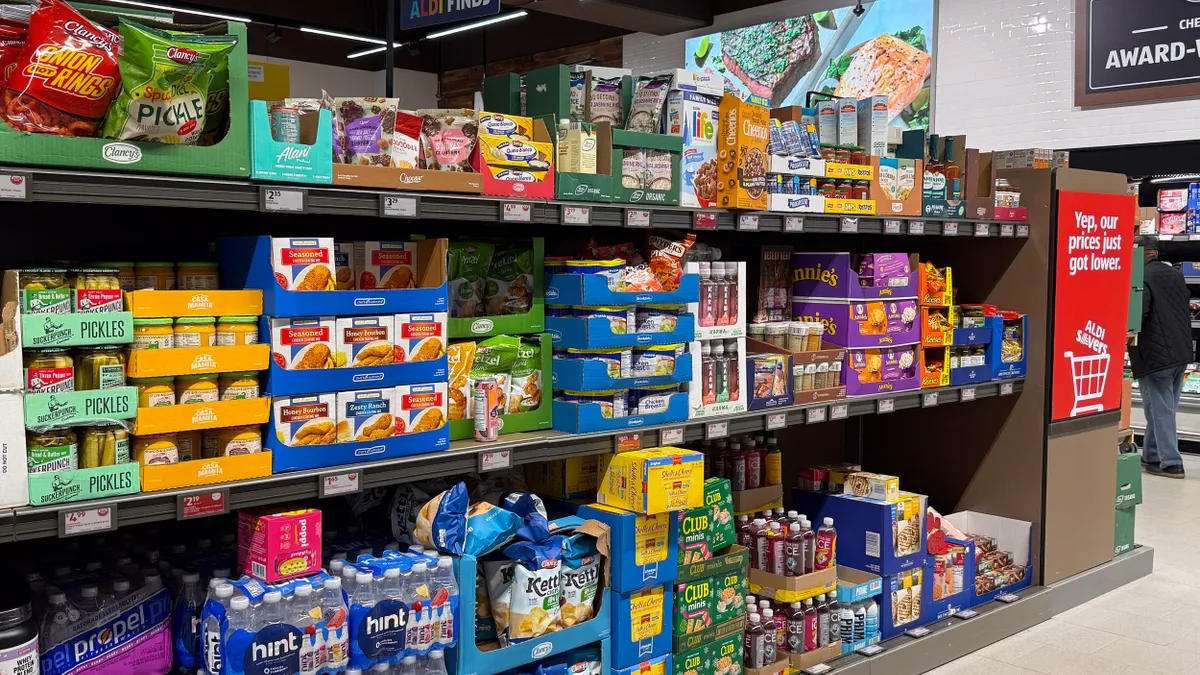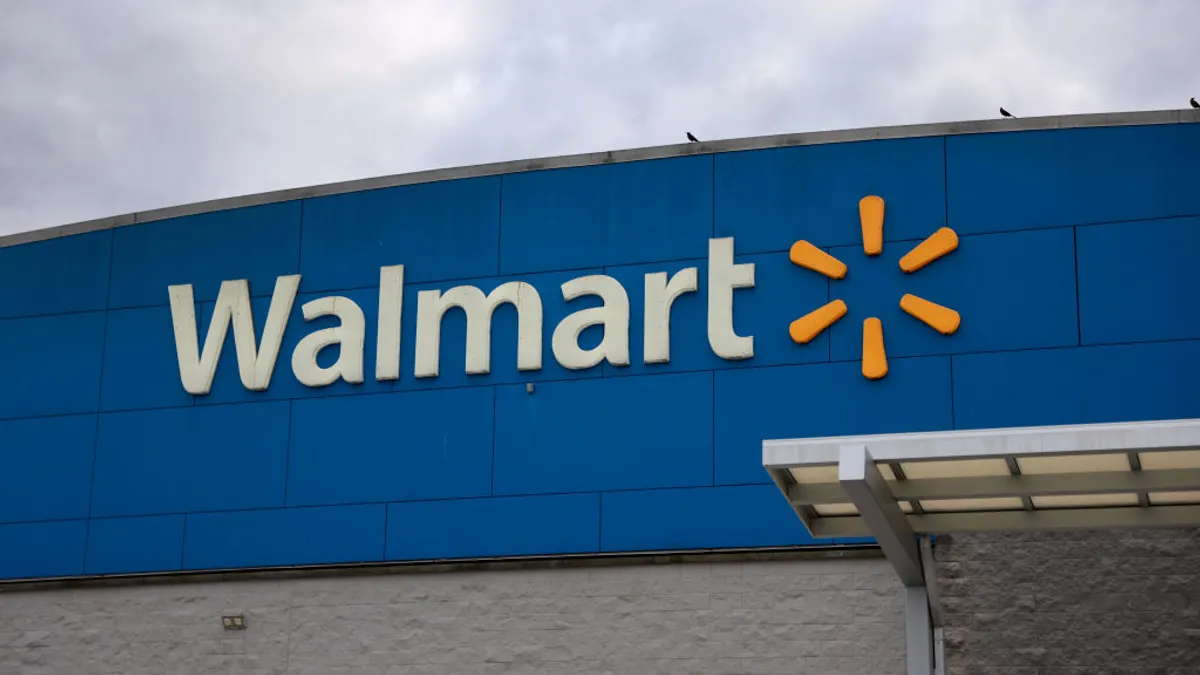The picket lines outside Stop & Shop locations across New England are still in full force today, marking one week since 31,000 workers walked out of their jobs. While negotiations between Stop & Shop and United Food and Commercial Workers Locals 328, 371, 919, 1445 and 1459 are ongoing, there doesn’t appear to be an end in sight as the deadlock approaches Easter weekend.
Right now, dozens of stores across New England are still closed and others are operating on limited hours with a reduced product selection and limited staff. Peapod deliveries have been put on hold, which is a significant issue for shoppers who rely on grocery delivery.
"We're still fighting over many issues. There are still issues on the table," UFCW local 1445 president Jeff Bollen said in a video update yesterday. He continued: "We're gonna be out for a while, make no mistake about it, unless we break [Stop & Shop] and they come to the table in the next day or two."
Stop & Shop President Mark McGowan has issued an apology to customers and acknowledged that several departments including bakery, deli and seafood counters as well as gas stations will not be operating. The company has added security personnel in some locations.
Even politicians are getting involved. Democratic presidential hopeful Elizabeth Warren joined picketing workers last week, and former Vice President Joe Biden plans to speak at a rally in support of workers this week.
The timing is particularly challenging for Stop & Shop with the holiday weekend ahead, which often drives significant sales for grocery stores. The National Retail Federation projects consumers will spend $18 billion on Easter goods this year.
Dave Marcotte, vice president of insights for Kantar Consulting, said the timing is intentional on the part of the unions, and that it’s a good time from their perspective to put pressure on the company.
"There’s absolutely nothing accidental about the timing of the strike," Marcotte told Grocery Dive. "Depending upon whether it's a lockout or a strike, somebody is going to time it so as to create the most pressure on the other party."
In the near term, the strike could lead to a loss of funds from shoppers who won’t cross the picket line, but Marcotte said strikes rarely have a long-term effect on business.
Parent company Ahold Delhaize is likely to be watching as the strike hits the one-week mark. Stop & Shop is a major banner for the global grocery company — and one that has reached an inflection point amid declining sales volumes. Last fall, the chain launched a store refresh program in Connecticut that includes a raft of new products and store services. In January, Stop & Shop announced it would acquire Long Island's King Kullen chain, including 32 branded stores and five Wild by Nature locations.
Limited services and closed doors have pushed shoppers into competing stores. That could cause a significant number to permanently defect, particularly if the strike drags on for a long time, said David Naumann, vice president of marketing for Boston-based BRP Consulting.
"The strike, in and of itself, won’t be what erodes customer loyalty the most. It is the opportunity that it gives competitors to impress new shoppers (former Stop & Shop customers) to join their loyalty programs and convince them to switch their allegiance to their brand," Naumann wrote in an email to Grocery Dive.
It may appear that Stop & Shop faces the most risk, but the local unions and their members are also at risk if the strike goes on too long, Marcotte noted. Picketers are forgoing pay, and the UFCW is not providing financial support to members until the strike lasts for two weeks, WBUR in Boston reported. If the strike reaches May 1, company-sponsored health insurance will lapse for employees.
"The strike, in and of itself, won’t be what erodes customer loyalty the most. It is the opportunity that it gives competitors to impress new shoppers (former Stop & Shop customers) to join their loyalty programs and convince them to switch their allegiance to their brand."

David Naumann
Vice president of marketing, BRP Consulting
It's in the union's interest to not push the talks beyond a certain rational point, Marcotte said.
"If it goes too far, it damages the union, frankly ... If the union holds the strike for too long, then they can start damaging their own workers' positions in the stores due to the reduction of overall business. So it’s kind of a balancing act," Marcotte said.
It’s been more than 15 years since the last major strike among grocery workers represented by UFCW. In 2003, a strike took place in Southern California among 70,000 grocery workers from 850 grocery stores, including Albertsons, Vons and Ralphs. The strike lasted more than four months.
"The lesson from that for both sides, and it was a serious lesson, is that the union was as damaged as the grocery chains. Since then you’ve never seen any of them get this close to a strike again," Marcotte said. "In the case of Stop & Shop in New England, it's a calculated risk. They've basically taken the perspective that the parent company will step in and stop the strike before it goes too far."






